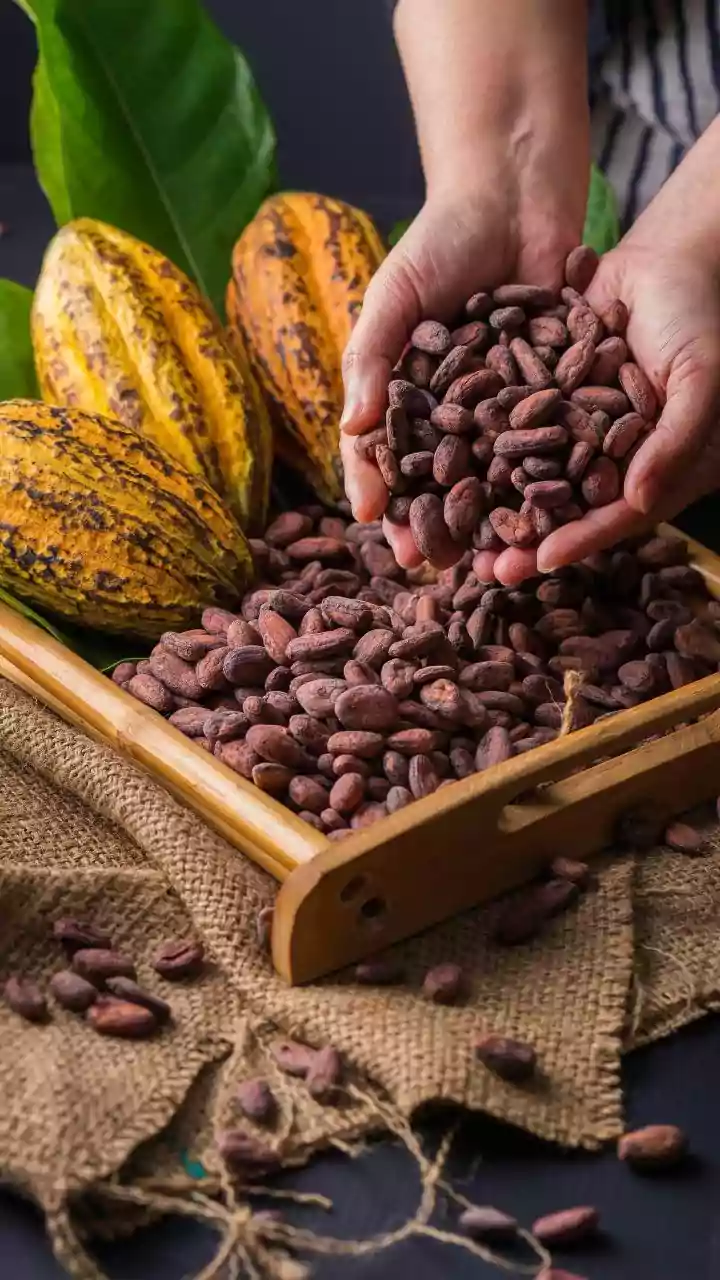Tradition's Culinary Roots
South Indian cuisine is steeped in a rich history, reflecting the region’s diverse cultures and ingredients. Traditional dishes often utilize rice, lentils,
and a variety of vegetables, seasoned with fragrant spices. Coconut milk, tamarind, and curry leaves are commonly used. The cuisine's core values involve simplicity, freshness, and the celebration of regional produce. Cooking methods typically focus on slow cooking and natural flavors, preserving the nutritional value of ingredients. The flavors aim to create a balanced blend of sweet, sour, spicy, and savory elements. Each state – Tamil Nadu, Kerala, Karnataka, Andhra Pradesh, and Telangana – brings its own unique culinary heritage. Understanding these roots is key to appreciating the transformations occurring today.
Chefs' Innovative Spark
Chefs are experimenting with textures, flavors, and presentation to elevate south Indian cuisine. Fusion dishes are becoming increasingly popular, blending traditional ingredients with modern cooking techniques. For example, some chefs use molecular gastronomy to create innovative textures and dishes. They also explore global flavors, such as incorporating Japanese or Italian influences, while keeping a focus on south Indian spices and ingredients. This is often seen in deconstructed versions of classics, such as dosas or idlis, presented with contemporary plating. The culinary professionals also pay attention to dietary needs, creating vegan, vegetarian, and gluten-free options that still highlight traditional flavors. The goal is to deliver new experiences while staying true to South India's food.
Regional Ingredient Spotlight
The emphasis on local and seasonal ingredients is a cornerstone of this culinary shift. Chefs are sourcing produce from local farmers to ensure freshness and support regional economies. Unique regional ingredients are also being highlighted. For example, there is a focus on various types of rice, such as the fragrant Basmati, or specialized ingredients like jackfruit or locally grown herbs. The chefs are adapting the preparation techniques to highlight each ingredient's flavor profile. They’re exploring new ways of using familiar ingredients. This includes utilizing different cooking methods to enhance the natural flavors and nutritional value. Emphasis on regional ingredients is transforming the dining experience by promoting sustainable food practices, allowing diners to connect with the land, and allowing the taste and flavor to create a complete experience.
Diverse Dining Experiences
Contemporary south Indian restaurants offer a variety of dining experiences. Many establishments are trying to move away from casual dining. Restaurants are curating tasting menus that showcase the evolution of south Indian cuisine. These menus include dishes that represent different regions or highlight new techniques. Chefs are designing elegant dining rooms with a focus on creating an atmosphere that compliments the food. The goal is to create a culinary experience that is more than just a meal. Some establishments have started offering cooking classes or workshops, teaching customers the core principles of south Indian cooking. This includes sourcing ingredients, traditional cooking methods, and the chef's innovative techniques. The aim is to cultivate a deeper appreciation of south Indian cuisine.
Sustainability and Ethics
Chefs are emphasizing the importance of ethical and sustainable food practices. This means sourcing ingredients from farms using eco-friendly methods. A number of chefs are reducing waste and promoting environmental awareness in their kitchens. Locally grown ingredients play a crucial role, ensuring fresher produce. Some restaurants have started composting food waste and reducing their environmental impact. These measures are also intended to support local farmers and promote sustainable practices within the culinary industry. Chefs are working to ensure food supply chains are ethical, and the restaurants aim to provide a better environment. By promoting sustainability, restaurants contribute to a more responsible future for south Indian cuisine and the planet.




















